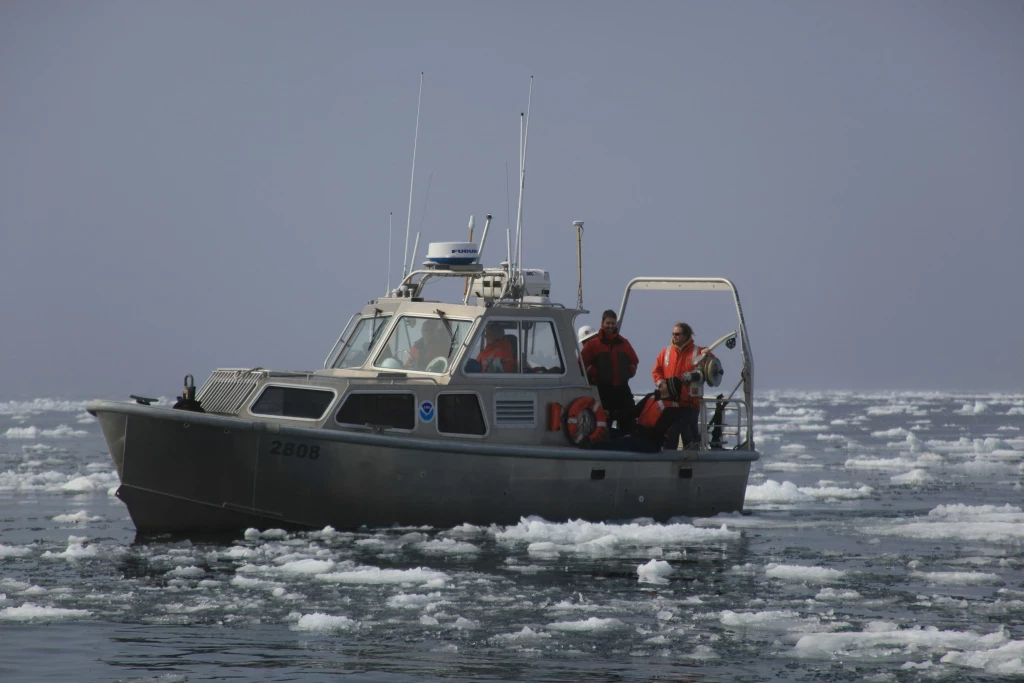Bulgarian Navy corvette procurement is back on
A multi-year, stop-start process for modernising the Bulgarian fleet finally appears to be (mostly) back on track
Add bookmarkThe France-built Gowind-class corvette is a candidate for Bulgaria's latest contract. Image: AHMED XIV
More than twelve years after the Bulgarian Navy’s procurement programme for four corvettes was initiated, the Bulgarian government seems ready to continue the project. However, approval has only been given for the procurement of two new vessels.
The Navy’s modernisation programme began in 2005, reaching a critical phase in November 2007 when then- Prime Minister Sergei Stanishev was ready to finalise the contract for the procurement of four French-made Gowind-200 type corvettes.
The Gowind-200 was designed and developed by DCNS (now known as Naval Group) based on technology developed during the construction of the FREMM frigates.
SEE ALSO: Bulgaria's MiGs put procurement under the lens
Although the Bulgarian Navy was determined to proceed with the procurement of four of these ships for 780 million euros (lowered from an initial cost of 900m euros), the economic constraints of that time stopped Sofia from proceeding with its ambitious plan.
The initial programme included the construction of the first ship in France, while the other three vessels were to be built at Bulyard Shipbuilding Industry and the Bulgarian ship-repair yard Terem-KRZ Flotski Arsenal, both located in the city of Varna.
Several months later, in July 2008, French President Nikola Sarkozy used a state trip to Sofia to attempt to sell to Bulgaria the Gowind-200 type corvettes for a second time.
Instead – in August 2008 and February 2009 – the Bulgarian Navy spent 54 million euros on the procurement of two Wielingen-class frigates [the Wielingen (F910), now Verni (42); and Westdiep (F911), now Gordi (43)] and one Tripartite-class mine-hunter [Myosotis (M922), now Tsibar (32)] from the Belgian Navy.
The programme remained frozen for several years until 2 June 2016 when the Bulgarian Parliament approved a new naval modernisation programme that included the procurement of two domestically built, fully equipped, multi-functional corvettes by 2022-2024 for 419m euros.
16 shipbuilding companies received invitations last summer to submit their proposals for the construction of the two ships
According to the Bulgarian Government, “the acquisition of new types of armament is extremely important for national security and the defence of the country, as well as for fulfilling the mechanisms of the collective defence of NATO and the common security and defence policy of the EU”.
The two corvettes could be used for the defence of other vessels, oil platforms and convoys, as well as for anti-submarine warfare in the Black Sea.
As announced by the Navy, 16 shipbuilding companies received invitations last summer to submit their proposals for the construction of the two ships. In total, seven companies – among them the French Naval Group – have now accepted the invitation and are taking part in the procedure for the procurement of the two corvettes.
The next step of the procedure will begin this autumn with an evaluation of the proposals, followed by the selection of the shipyard that will build the corvettes. According to the most optimistic estimates, the first ship will be in the water four years after the contract is signed.
Editor’s note: Earlier in the year, Bulgaria's defence ministry announced plans to spend $2.02bn (1.8bn euros) on rearmament programmes over the next 12 years. This would include procurement of new combat aircraft, modular patrol vessels and land equipment. However, according to BalkanInsight, Bulgaria’s spending on defence in 2017 will have fallen to around $585m – below the 2015 and well under NATO’s 2 per cent threshold – in contrast to the trend among most other Allied nations.






















